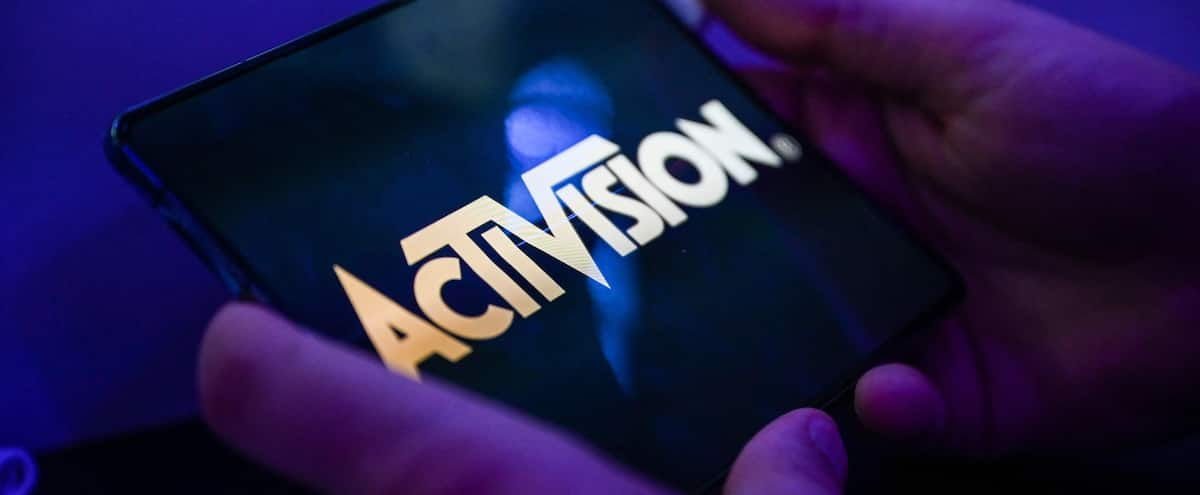Microsoft announced on Friday that it had completed its acquisition of video game maker Activision Blizzard, just hours after it faced criticism from the UK Competition Authority (CMA).
• Also read: US taxes demand $40 billion from Microsoft
As the owner of the Xbox consoles, Microsoft has brought a video game heavyweight, publisher of the hit titles “Call of Duty,” “Diablo” and “Candy Crush,” into its fold.
This is the final chapter in a saga that has been ongoing since January 2022, in which Microsoft has managed to overcome the initial resistance of British and American regulators to this $69 billion operation.
After receiving a rejection in April, Microsoft submitted a revised version of its plan to buy the American video game maker to the British authorities at the end of August.
This was “approved by the CMA,” the British regulator said in a press release.
This acquisition will make Microsoft the third-largest global player in video games in terms of revenue, behind Tencent and Sony, overtaking Apple.
“The price is high, but Microsoft can afford it, so the financial impact is not too much of a problem. “The games industry is huge and growing quickly, which makes the possibility of profit growth for Microsoft very exciting,” Sophie Lund-Yates, an analyst at Hargreaves Lansdown, told AFP.
The global video game market is estimated at $300 billion by consulting firm Accenture.
“Microsoft’s enormous weight means other game publishers will have to improve their tactics if they want to remain competitive,” she adds.
Microsoft is planning significant transfers in the new edition of its takeover project: Activision Blizzard’s online gaming rights – including those for the global hits “Call of Duty” and “Candy Crush” – will be sold to the French company Ubisoft.
This sale concerns online games (“cloud gaming” or “cloud streaming”) for PC and console from Activision that will be produced over the next 15 years (excluding the European Economic Area). It “will prevent Microsoft from blocking competition in this area (…) while this market is booming,” welcomed the CMA.
“Highly anticipated” decision
“We are grateful for the CMA’s thorough review (of the new agreement) and today’s decision,” Microsoft President Brad Smith responded immediately in a statement sent to AFP.
“We have now cleared the final regulatory hurdle to complete this acquisition, which we believe will benefit gamers and the gaming industry worldwide,” he added.
“We now have all the necessary regulatory approvals to complete the transaction and we look forward to bringing joy and connection to even more gamers around the world,” added Activision CEO Bobby Kotick.
“Today’s decision was highly anticipated and ends a turbulent process for all involved,” said Alex Haffner, competition lawyer and associate partner at Fladgate.
The CMA feared that the operation in its original form would too restrict competition in the dematerialized games market. Microsoft dominates it with more than 25 million subscribers to its dedicated online platform.
If Sony and Nintendo have launched a similar service, the offer has “absolutely nothing to do” with that of the American giant in terms of the catalog of games available and the performance of the “cloud” infrastructure offered, Julien Pillot explained to AFP , economist with a specialization in cultural industries, last April.
Other technology giants such as Amazon (Luna) have also penetrated this niche, although with much less success.
The European Commission, for its part, approved this acquisition in May.
In July, the American competition authority FTC suspended the administrative court proceedings it had initiated in December against the originally planned takeover.
Microsoft had challenged the British blockade in court. But in early July he preferred to suspend the legal proceedings to reach an agreement with the regulator.

